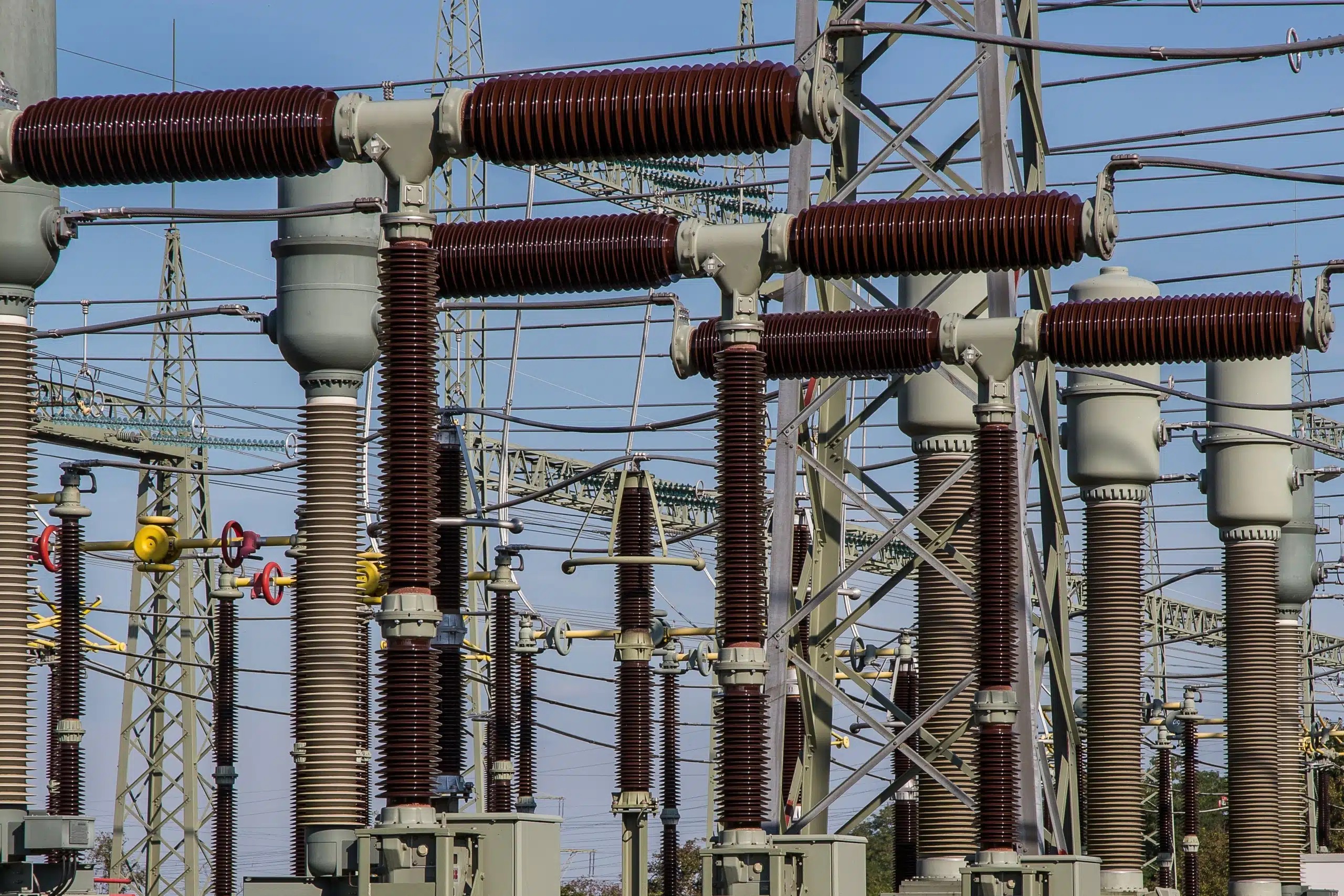In the realm of electric politics in California, a peculiar turn of events has unfolded as lawmakers, who previously voted to increase utility bills for wealthier constituents, are now facing backlash from their own electorate.
A group of coastal Democrats is spearheading an effort to repeal a fee that was instituted two years ago to cover the costs of adapting to climate change.
This fee, mandated by AB 205 in 2022, was designed to distribute the expenses more equitably by varying the fee with income, impacting wealthier individuals more significantly.

Shocking Electricity Prices (Credits: Energy Outlet)
However, the mounting public dissatisfaction with rising utility bills, reaching as high as 127 percent over the last decade, has prompted lawmakers, especially those representing wealthier coastal areas, to reconsider their stance.
Assembly member Jacqui Irwin’s AB 1999 has become a focal point in this pushback, with lawmakers seeking to roll back the previously approved fee.
Menlo Park Assembly member Marc Berman, who initially supported the fee, now acknowledges the discontent among his constituents, stating, “My constituents are pissed off.” The intensification of political pressure on lawmakers to address the soaring utility bills has fueled this reversal in support for the fee.
The bills encompass climate-driven costs such as burying power lines to mitigate wildfire risks and building infrastructure for the transition to electric vehicles and homes.
While AB 205 has not yet taken effect, with the California Public Utilities Commission (CPUC) still deliberating on proposals, the looming prospect of substantial fees, up to $50 per month, has alarmed lawmakers representing wealthier regions.
San Francisco Sen. Scott Wiener, who voted for AB 205, now urges the CPUC to withdraw its proposal and develop one that aligns with California’s interests.
Assembly member Jacqui Irwin attributes the reversal in support to the rushed nature of the energy spending bill, stating that it lacked thorough discussion in both houses. Irwin emphasizes that policy decisions should not be relegated to the CPUC and calls for a more comprehensive deliberation process.
However, the CPUC’s ratepayer advocacy arm contends that failing to implement the fixed charge would lead to unsustainable increases in utility rates, pushing more people into arrears and impeding efforts to electrify the economy.
The legal and policy battle over utility bills reflects the complex interplay between climate change mitigation, economic considerations, and political pressures.
In a parallel development, business groups, including the U.S. Chamber of Commerce and American Farm Bureau Federation, have initiated a lawsuit challenging California’s climate disclosure laws, SB253 and SB261.
These laws, signed by Governor Gavin Newsom in 2022, compel large corporations to disclose their carbon footprints and climate-related financial risks.
The legal challenge argues that the laws infringe on the First Amendment by compelling speech on a controversial issue and that California is overstepping its role by acting as a de facto national emissions regulator.
The evolving landscape of California’s energy policies, climate-related regulations, and their intersection with economic considerations underscores the intricate challenges faced by policymakers as they navigate the delicate balance between environmental goals and public sentiment.























